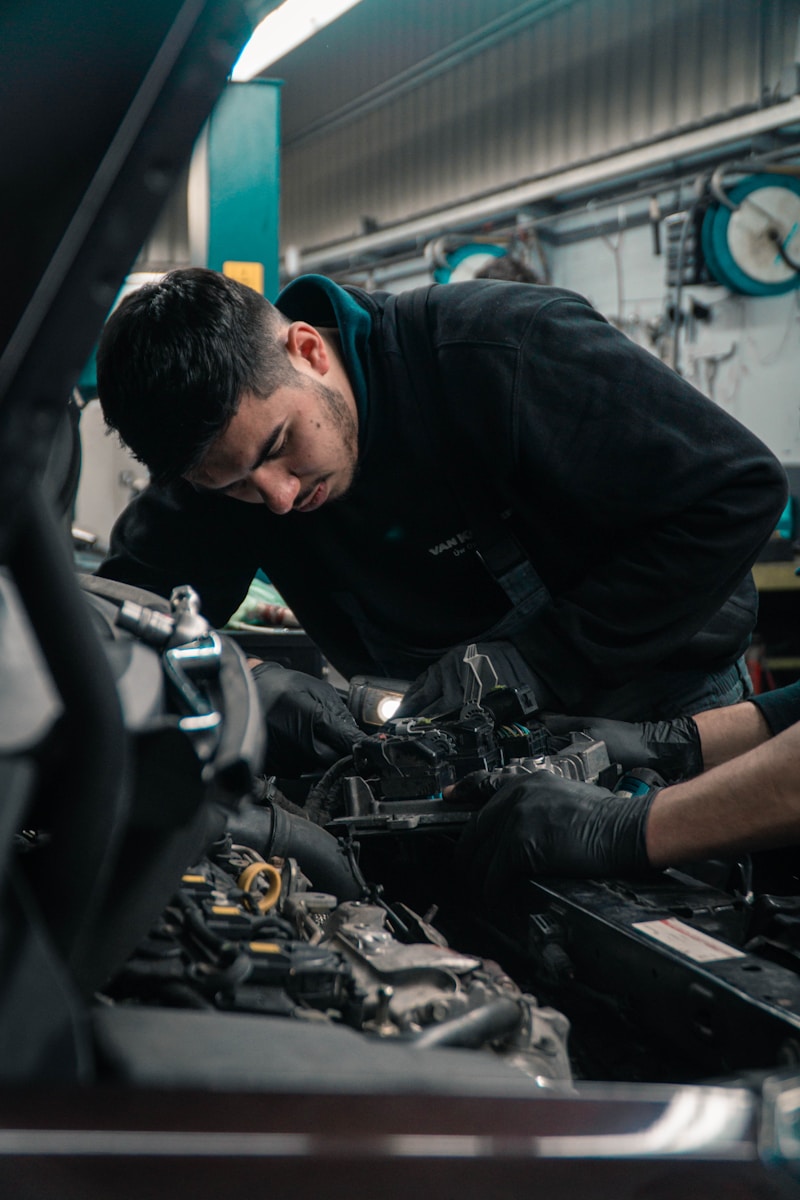For many, popping the hood of a car can feel like stepping into an alien world. But don’t be intimidated! Basic auto repair is more accessible than you might think. This guide will equip you with the foundational knowledge to approach common car issues with confidence.
Understanding the Basics
Think of your car as a living organism. Just like us, it needs various systems to function correctly. Here are a few key areas to familiarize yourself with:
- Engine: The heart of your car, responsible for generating power.
- Transmission: Transfers engine power to the wheels.
- Brakes: Essential for slowing down and stopping.
- Suspension: Ensures a smooth ride and handles steering.
- Electrical System: Powers everything from headlights to the radio.
Essential Tools for the DIY Mechanic
You don’t need a professional garage to handle minor repairs. Some must-have tools include:
- Screwdriver Set (Phillips and flathead)
- Wrench Set
- Pliers
- Socket Set
- Torque Wrench
- Jack and Jack Stands
- Jumper Cables
- Tire Pressure Gauge
Common Car Problems and Solutions
Many car issues manifest with clear symptoms. Here are a few common problems and potential solutions:
- Car Won’t Start: Could be a dead battery, faulty starter, or ignition problem. Check battery connections, try jump-starting, or inspect spark plugs.
- Flat Tire: Learn how to safely jack up your car and change to the spare tire. Practice this beforehand!
- Overheating Engine: Could indicate a coolant leak, broken thermostat, or radiator issue. Check coolant levels when the engine is cool and look for any visible leaks.
- Burning Smell: Might be an oil leak. Check your driveway for drips and consult your owner’s manual to locate the dipstick for checking oil levels.
- Unusual Noises: Squealing could mean worn brake pads, while grinding could indicate a more serious transmission problem. Address unusual noises promptly.
Pro Tips
- Consult Your Owner’s Manual: Your car’s manual is your best friend. It contains a wealth of information specific to your vehicle, including maintenance schedules and troubleshooting tips.
- Start Small: Begin with basic tasks like changing your air filter or checking fluid levels before tackling more complex repairs.
Tags: Auto Repair, DIY, Beginner Guide, Car Maintenance, Troubleshooting
